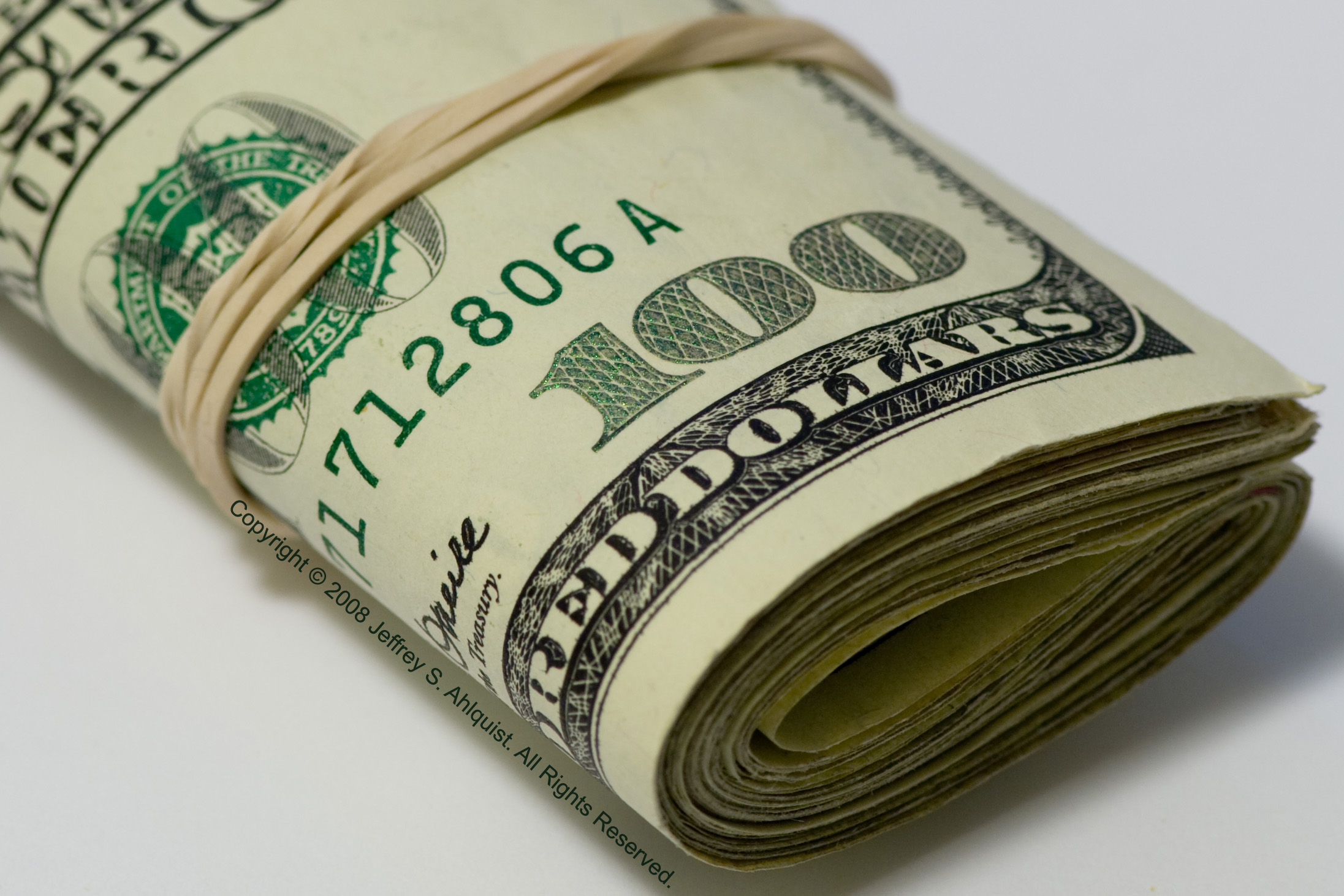When it comes to buying power, women are steadily overcoming men. Throughout the next decade, women will control two-thirds of consumer wealth in the United States and will be the beneficiaries of the largest transference of wealth in our country’s history, according to Fleishman Hillard Inc.
“The stats on a woman’s earning and buying power are pretty extensive; females are doing better in school than men, we’re earning more money than ever before and the business world has known about this trend for years,” says Erica L. McCain, a veteran financial expert, LUTCF and founder of McCain & Associates, (www.mccainins.com).
“As women, we’re inundated by advertisements. The first thing many of us do in the morning is check our e-mail and social media. Before a wake-up shower we may be hit with appeals from Macy’s, Bath and Body Works, Groupon and assorted retailers to ‘click for 50 percent off.’ ”
Of course, these aren’t “deals” so much as advertising campaigns, she says. In fact, there are plenty of women who spend good money on things – whether on themselves or their children – that are relatively frivolous, “I know because I was one of them,” says McCain, author of “Ladies With Loot.”
“With more money comes the inclination to spend it but, to be sure, you’ll need that resource for something more important down the road.”
McCain shares the ways in which women can better help themselves, and their children, by better utilizing money.
- “Retail therapy” doesn’t work; think of money as a precious resource. Money can buy you happiness. We all know that feeling of wanting an item that will make you feel good for a few hours, but sooner rather than later, most of these retail goods quickly amount to stuff. Lasting happiness goes far beyond “retail therapy.” Money facilitates happiness better by being an available resource for more important things, such as emergencies, tuition for children, peace of mind for retirement or a family vacation that everyone will remember.
- You can’t cash in your children’s toys to pay for college. Buying nice and fun things for our kids is enjoyable; we can feel their joy and we like when they’re happy. However, just like buying something that you enjoy – a new purse or shoes – that joy is fleeting, and in the long term, it’s worth questioning the value of an item. The cost of a professional baseball bat exceeds $100, and for a professional glove you can pay up to $500, but these aren’t the things that will make your child truly enjoy baseball. Imagine how that money will be needed to pay for textbooks in college!
- Counting calories? – Try counting dollars. We know what it’s like to want a tasty muffin for breakfast, but many of us refuse such treats with the realization of what it’ll take to burn off the excess calories. We know that a moment of pleasure equals extra time on the treadmill. Apply that shrewd approach to money. How many hours do you work in order to pay for extravagant purchases, and could that money be better used elsewhere? Understanding the value of a dollar will help you live a more fulfilled life.
Thanks for reading CPA Practice Advisor!
Subscribe Already registered? Log In
Need more information? Read the FAQs




